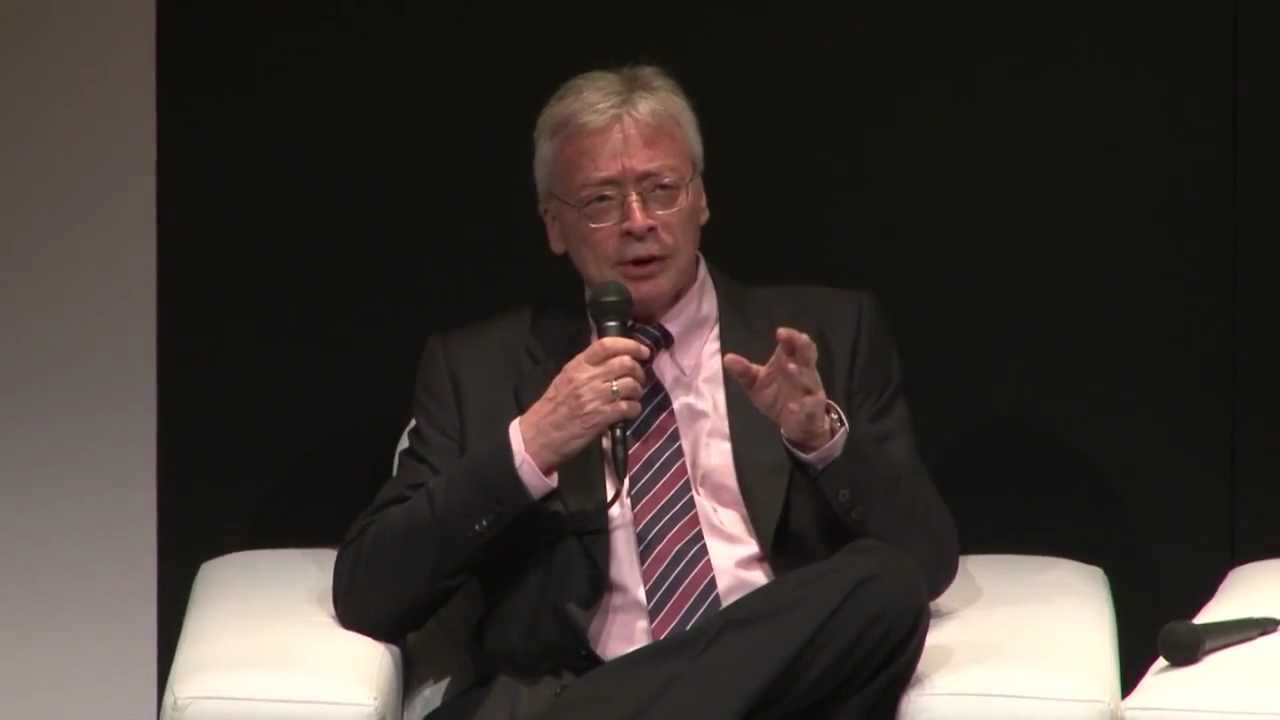 “Moral traditions, then, are enabling rather than productive; defensive rather than venturesome regulative rather than goal-directed. A moral tradition is working well if no one in society needs to be aware of its existence. A society in such a felicitous state shows itself to be morally untroubled. People in it can get on with their lives, pursuing what specific goals they may happen to have.
“Moral traditions, then, are enabling rather than productive; defensive rather than venturesome regulative rather than goal-directed. A moral tradition is working well if no one in society needs to be aware of its existence. A society in such a felicitous state shows itself to be morally untroubled. People in it can get on with their lives, pursuing what specific goals they may happen to have.
“It is a great and rare achievement if a society reaches such moral spontaneity during some moment of its history. The vast majority of past and present societies falls more or less short of this desirable state. Its approximation depends, in the first instance, on moral education, which consists in handing down the required and the variable conventions from one generation to the next. Moral education begins with imitation and the rote learning of these conventions expressed as simplified rules. But these will not take novices very far. Morally well educated people do not merely know how to do what others have done in their situation, they also know how to recognize which situations are moral and what specific types of responses are appropriate in them. Imitation and unthinking rule-following must be replaced by intelligent performance. Such a performance, however, involves more than knowing how to act in conformity to conventions. It also involves knowing what conduct is appropriate in new situations. It requires creative participation in the moral tradition.”
▪ John Kekes, A Case for Conservatism (Cornell University Press, 1998) extract from page 113.




Be the first to comment on "Quote of the Week: John Kekes, “A Case for Conservatism”"